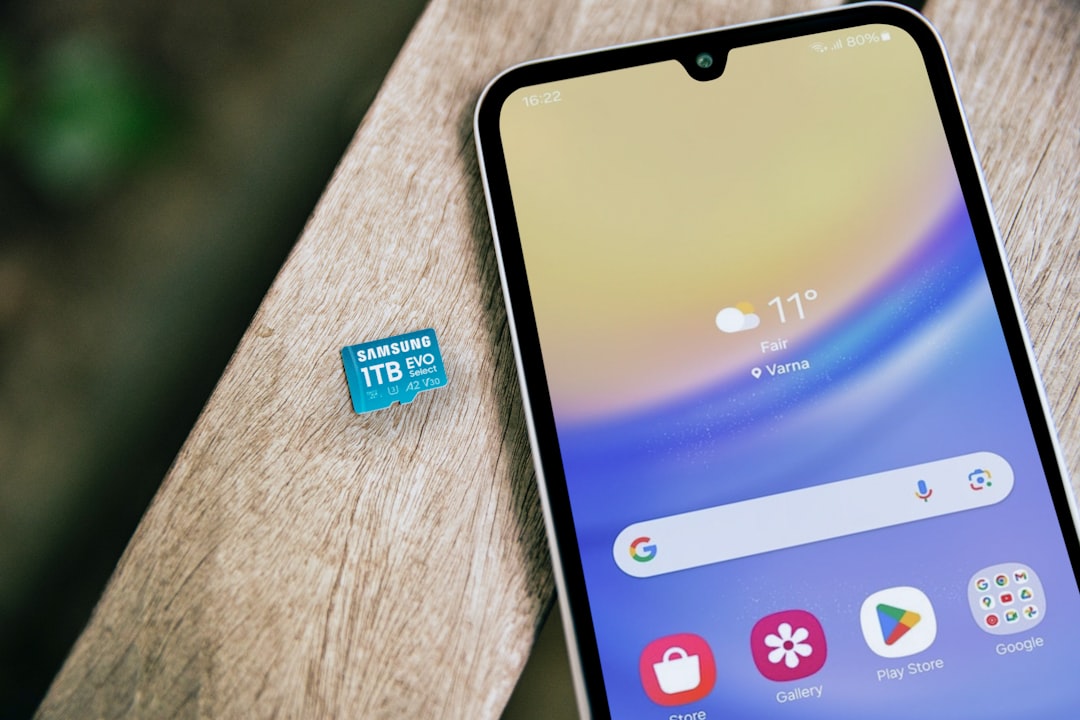Spam calls are a common problem in Rhode Island, but the TCPA regulates automated and prerecorded calls to residential lines. Engaging tech-savvy youth in combating spam offers innovative solutions and educates them about their rights under the TCPA. By reporting spam and seeking legal help from a lawyer for TCPA Rhode Island, teens can protect their privacy and contribute to a quieter communication environment for all residents. This approach combines technology knowledge with digital responsibility, fostering accountability and safer communication practices.
In Rhode Island, as across the nation, spam calls remain a persistent nuisance. With the Telephone Consumer Protection Act (TCPA) regulations in place, youth engagement is emerging as a potent weapon against this growing problem. This article explores how young people are empowering themselves and their communities to combat unwanted calls, delving into legal rights, community initiatives, and innovative strategies. For Rhode Island residents seeking guidance, connecting with a qualified TCPA lawyer can provide essential support in navigating these protections.
Understanding Spam Calls and TCPA Regulations in Rhode Island

Spam calls, or unsolicited telephone marketing calls, have become a pervasive issue, impacting millions of Americans daily. These calls often promote products or services and can be particularly intrusive when they violate individual privacy. In Rhode Island, the Telephone Consumer Protection Act (TCPA) regulations aim to combat this problem by providing consumers with protections against certain types of automated or prerecorded telephone calls. A lawyer for TCPA Rhode Island can offer specialized guidance on navigating these rules.
The TCPA allows consumers to file complaints against companies that make unsolicited calls, and it grants authorities the power to enforce penalties against violators. Rhode Island’s regulations mirror federal guidelines, ensuring that businesses refrain from making automated or prerecorded calls to residential phone lines without prior express consent. Understanding these laws is crucial for both businesses engaging in telemarketing activities and residents looking to protect themselves from overwhelming spam calls.
The Impact of Youth Engagement on Call Blocking Efforts

Engaging Rhode Island’s youth in combating spam calls can significantly enhance call blocking efforts, offering a fresh perspective and innovative solutions to this pervasive issue. Young people are often tech-savvy and adept at quickly adopting new tools and strategies. By educating them about the Telephone Consumer Protection Act (TCPA) and empowering them to take action, communities can tap into a powerful resource. They can assist in identifying patterns, reporting spam calls, and even contributing to the development of advanced call blocking software or apps, ensuring that their efforts align with the latest technological advancements.
Furthermore, youth engagement fosters a sense of ownership and accountability. They are more likely to be proactive in filtering out unwanted calls, utilizing their knowledge of social media and online platforms to spread awareness and educate peers about the risks associated with spam calls. This collective effort can create a robust defense against incessant spam, ultimately leading to a quieter, more peaceful communication environment for all Rhode Island residents, while also encouraging a responsible digital citizenship among the youth. For legal assistance regarding TCPA violations in Rhode Island, individuals can consult a specialized lawyer who understands the nuances of this act.
Empowering Young People to Fight Against Unwanted Calls

Empowering young people to fight against unwanted calls is a proactive step in addressing the growing issue of spam calls in Rhode Island. By educating and involving teens, we can create a generation that is aware of their rights and equipped to take action. Many youth today are tech-savvy and socially conscious, making them ideal advocates for preventing telemarketing abuse.
Encouraging young Rhode Islanders to report suspicious calls and engage with anti-spam organizations can make a significant impact. With proper guidance, they can learn about the Telephone Consumer Protection Act (TCPA) and its implications on their privacy. A lawyer specializing in TCPA Rhode Island laws can play a crucial role in empowering these individuals, ensuring they understand their legal rights and the steps to take if they become victims of spam calls.
Legal Rights and Responsibilities for Rhode Island Teens

In Rhode Island, teens engaging in efforts against spam calls have specific legal rights and responsibilities under the Telephone Consumer Protection Act (TCPA). As advocates or participants in initiatives to combat these unwanted phone calls, young people should be aware of their protections. For instance, they have the right not to be contacted by automated or prerecorded messages unless they have given explicit consent.
Moreover, Rhode Island laws empower teens to report spam calls and seek legal recourse if necessary. If a teen discovers a lawyer for TCPA Rhode Island handling such cases, they might gain support in holding offenders accountable. This is crucial in ensuring that their efforts contribute to a safer, less cluttered communication environment.
Community Initiatives: Training the Next Generation of Anti-Spam Activists

In an era where technology has made communication more accessible than ever, it’s brought about a downside in the form of spam calls. These unwanted intrusions can disrupt daily life and leave individuals feeling frustrated. However, in Rhode Island, a unique initiative is empowering youth to take a stand against this growing issue. By educating the next generation about the Telco Consumer Protection Act (TCPA) and its implications, local communities are fostering a culture of digital responsibility.
Young people are being trained to recognize spam calls, understand the legal frameworks surrounding them, and actively participate in combating these disturbing trends. Through workshops, school programs, and community events, they learn about their rights and responsibilities under the TCPA, becoming proactive anti-spam activists. This not only helps protect themselves but also contributes to a quieter, more peaceful Rhode Island for everyone. By engaging the youth, these initiatives ensure that the fight against spam calls remains dynamic and resilient, reflecting the state’s commitment to technological innovation and consumer protection.






